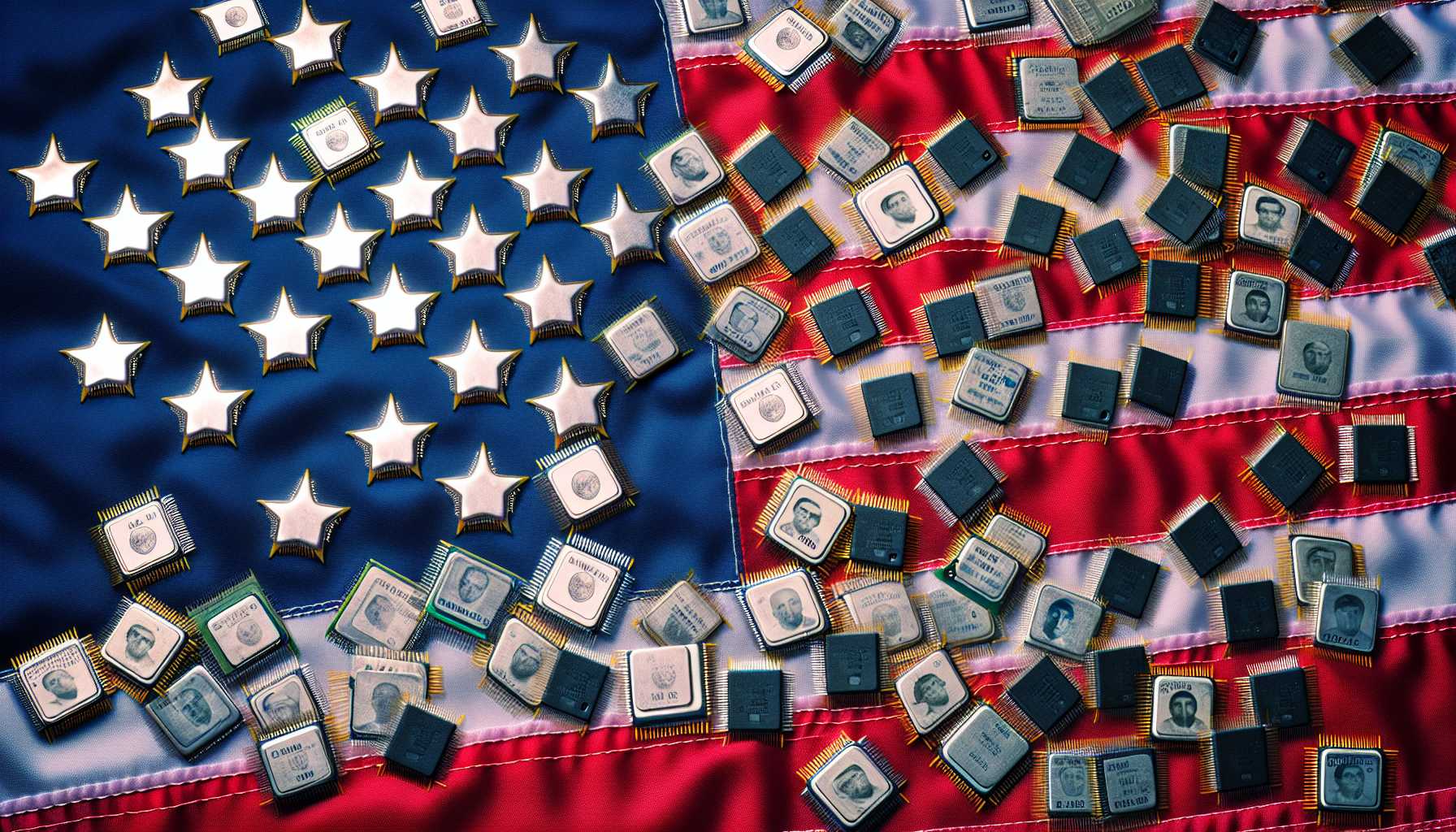The Legal Labyrinth of TikTok’s U.S. Existence
As a tech investor and expert, I often find the intersection of technology, business, and politics to be a fertile ground for discussion. No recent narrative underscores this than the unfolding drama of TikTok against the U.S. government. ByteDance-owned TikTok has catapulted into the legal arena, aiming to unpin the pins of a law threatening its existence. The law slates a permanent ban of TikTok if ByteDance doesn’t sell within the mandated timeframe. Cue courtroom drama, and TikTok is running with a constitutional argument, laying its cards on the free speech table. They tag the new bill as a disregard for “the U.S. Constitution’s commitment to both free speech and individual liberty.” Now, isn’t it ironic? A platform continuously scrutinized for potential free speech manipulation worldwide is donning the free speech armor in Uncle Sam’s battleground.
A Byte-sized Glimpse into the Future
Let’s talk about the elephant in the room—the prospect of a TikTok-less America seems more palpable now than ever. With President Biden’s inking the bill into existence, the company spiraled into a counterstrike claiming that divestiture in 270-days is a herculean, if not an impossible, task. Couple that with potential Chinese government backlash regarding the sale of TikTok’s algorithm, and you’ve got yourself a gridlock that screams complexity louder than an encrypted quantum computer.
Clash of Titans: National Security vs. Business Interests
TikTok’s pulse on the zeitgeist, its algorithmic power, is at the heart of U.S. concerns. The government’s magnifying glass is focused on how TikTok could be an echo chamber for China’s whispers – a national security bullhorn. Yet to be substantiated with robust evidence, these allegations chart a murky course. As an investor, it pivots my thoughts: Are we seeing protectionism disguised as national security? Or is the threat genuine, and TikTik’s data collection smell sweeter to China than a Black Friday server sale? Tough call.
The Unmasking of LockBitSupp: A Cybercriminal’s Swan Song?
Diverting our attention from the app battlefields to the dark web’s alleys, we’ve witnessed a James Bond-esque unearthing. Law enforcement has put a face to the name LockBitSupp—Dmitry Yuryevich Khoroshev. This reveal is more than a cyber gossip column; it’s a strategic checkmate in the ongoing cybersecurity match. An indictment paired with a $10 million bounty, and the U.S. signals earnest in disabling the LockBit ransomware’s grip, which has squeezed over $100 million from its victims. This marks a significant shift in cyber warfare, asserting that anonymity online is a shrinking shroud for criminals.
Sifting through The Great Resignation to The Great Reshuffle 2.0
Away from court battles and cyber sleuthing, there’s a “reshuffle” within our daily grind. LinkedIn and Microsoft’s survey sort the cards, showing indicators of a job market shuffle more tumultuous than 2021’s. An amplified itch to quit amongst professionals poses fresh challenges to retention strategies. It strikes a chord: It’s not about jobs alone, but the underlying current—burnout, learning stagnation, and AI’s looming shadow; they’re the iceberg tech companies must navigate today.
Artistic Anguish in Apple’s Ad Ambitions: A Crushing Blow?
Switching gears to marketing mishaps, Apple’s paradox of creativity. The ad depicts the iPad Pro as a creativity-crushing behemoth rather than a tool for artistic expression. Tech might’ve hoofed a bit too hard on tradition’s turf, sparking a polarizing conversation on whether gadgets really are enhancing our creativity or simply flattening it into a digital pancake. The tech giant missed the mark, illustrating how out of touch it is with the raw essence of the creatives, potentially imploding bridges with artists who yearn for tech that amplifies their art, not nullify it.
The Constricting Silicon Noose: China’s Chipset Chokehold
Tech trade wars continue to hotkey their way into headlines, with the U.S. revoking Intel and Qualcomm’s license to engage with Huawei. This is the American digital fortress raising its drawbridge against China’s tech assault. With national security at the forefront, it bodes a significant pause for thought. Is decoupling from the world’s manufacturing mecca a step towards tech sovereignty, or are we gearing towards a fragmented tech future?
Adversary AI: Microsoft’s Intelligence Affair
Closing the tech gossip column with a buzzworthy bit, Microsoft just deployed a generative AI model for the U.S. intelligence agencies. It’s not your regular AI gossip; it’s got the top-secret clearance and operates in an air-gapped cloud. As someone with stakes in tech’s future, I find this shadow dance of AI and national security a testament to the potential of AI safeguarding our nation’s clandestine coffers.
In wrapping up today’s tech trawl, it’s evident that the digital tapestry is one of contrast, conflict, and innovation. These narratives aren’t simply transient newswires; they’re the plot points of our tech epoch.








